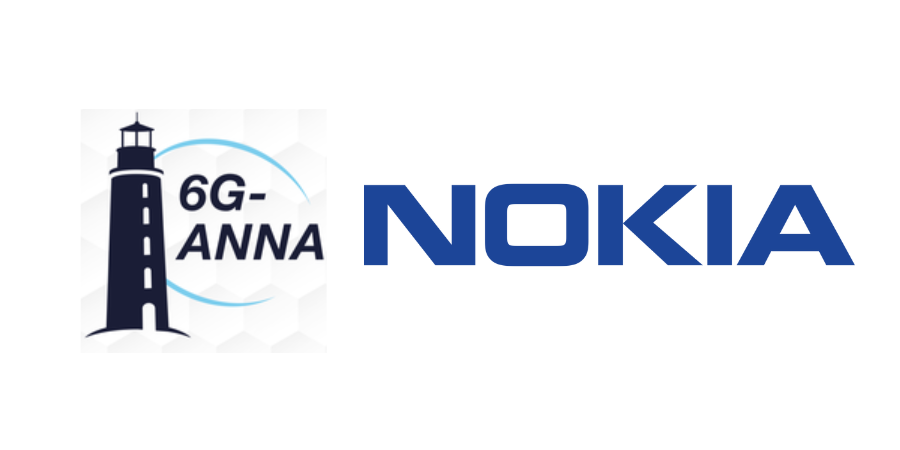Nokia has announced that it is the overall project leader for 6G-ANNA, a German national-funded 6G lighthouse project. Beginning July 2022, Nokia will collaborate with the 29 partners in 6G-ANNA to lead and drive 6G research and standardization.
6G-ANNA is part of the larger “6G Platform German” national initiative and has a total budget of €38.4 million, for a duration of three years.
Funding for 6G-ANNA will come from the German Federal Ministry of Education and Research, with the aim of strengthening and pushing German and European 6G agendas as driving global pre-standardization activities.
You might be interested: The Tbit/s era: Unlocking the 6G conversation
Nokia will play an instrumental role in both 6G-ANNA and Germany’s wider 6G ecosystem. Within the 6G-ANNA framework, Nokia will focus on designing an end-to-end 6G architecture and work with other project partners on three key technology areas: providing 6G access, building a network of networks and furthering automation and simplification. Selected topics such as sub-networks, XR and real-time digital twinning will be implemented and presented as proof of concepts.
Peter Merz, Head of Nokia Standards, said, “While the first 6G networks are not expected to be commercially available before 2030, we are already laying the technical foundation with 5G-Advanced, as well as long-term innovation that will drive 6G developments.”
In addition, Nokia will interact with the German ecosystem, including four academic “6G Hubs” with more than 60 university chairs. Beyond Germany, 6G-ANNA aims to interact with other major 6G flagship projects in Europe and the US to shape global 6G standards.










